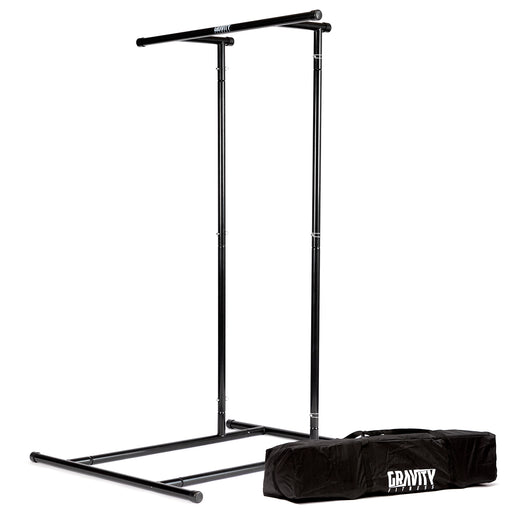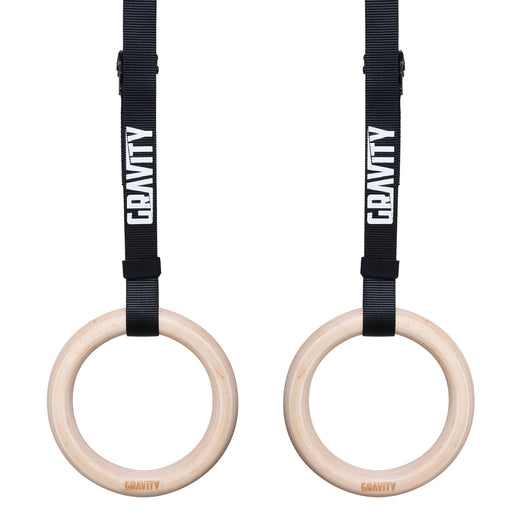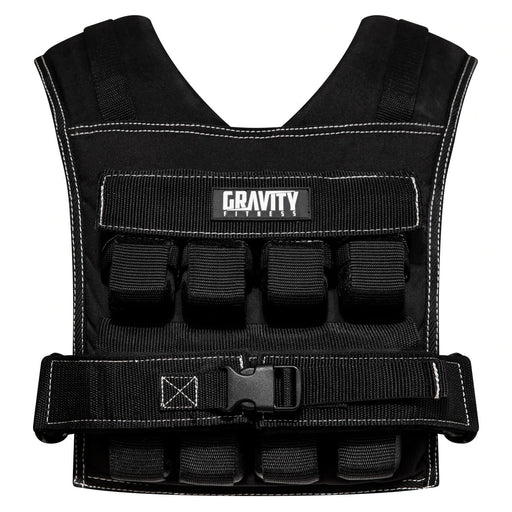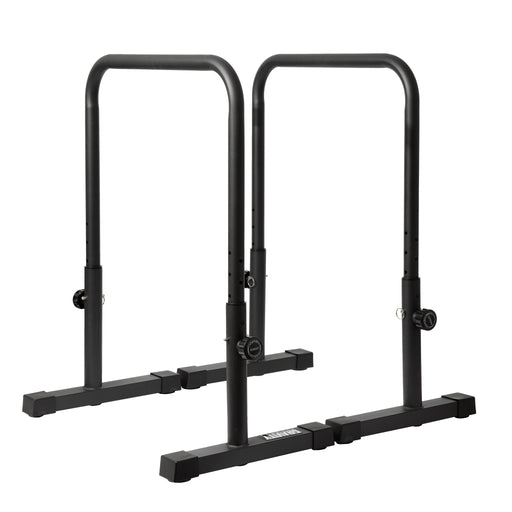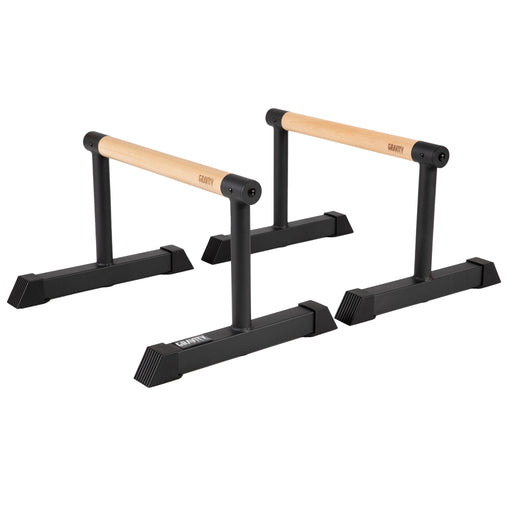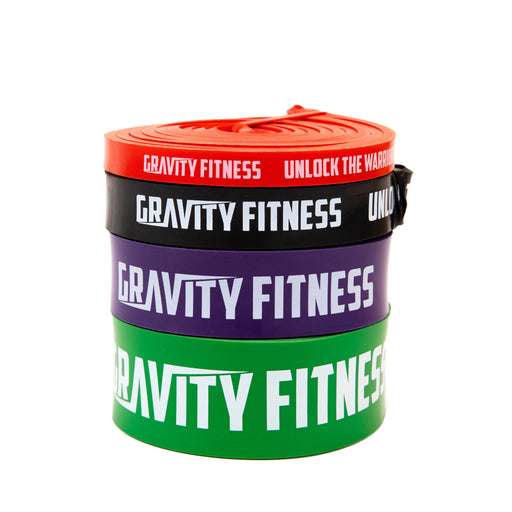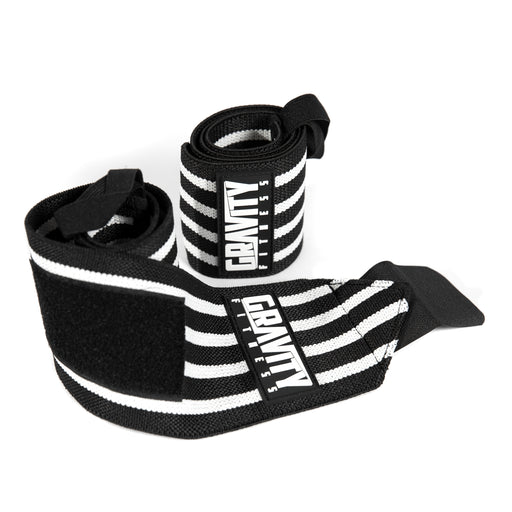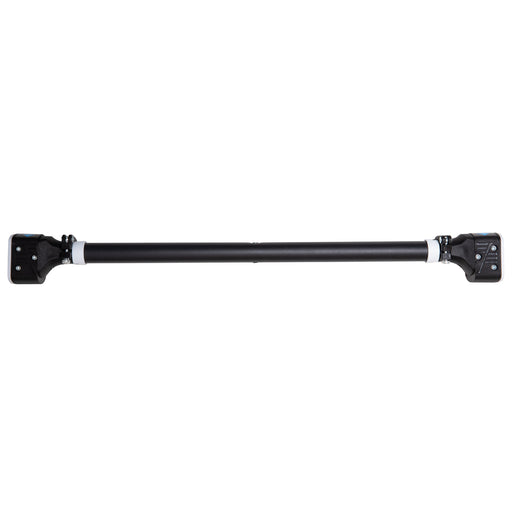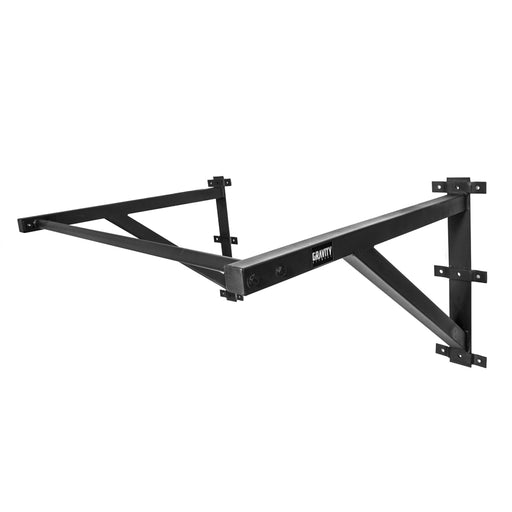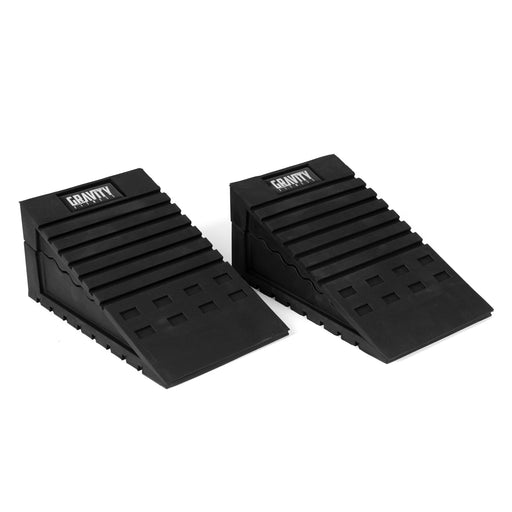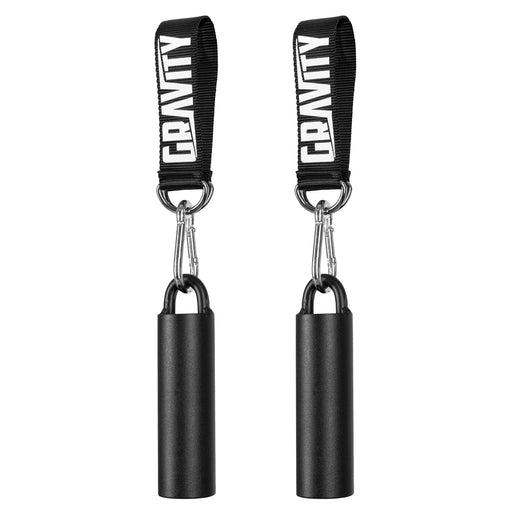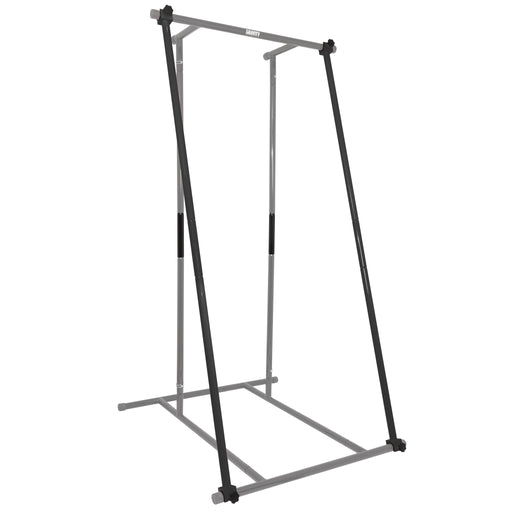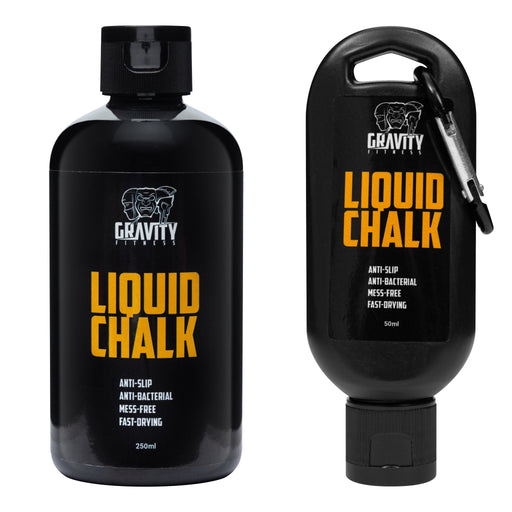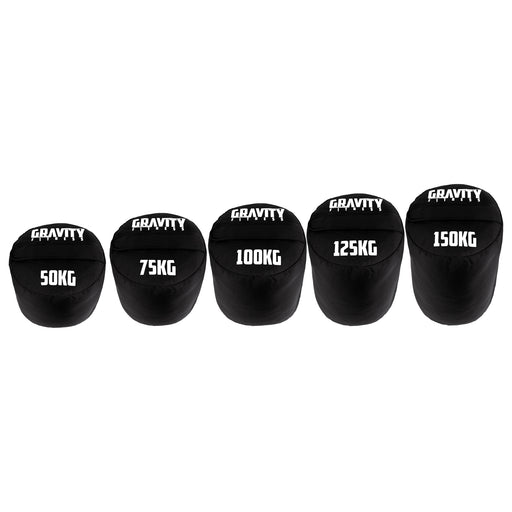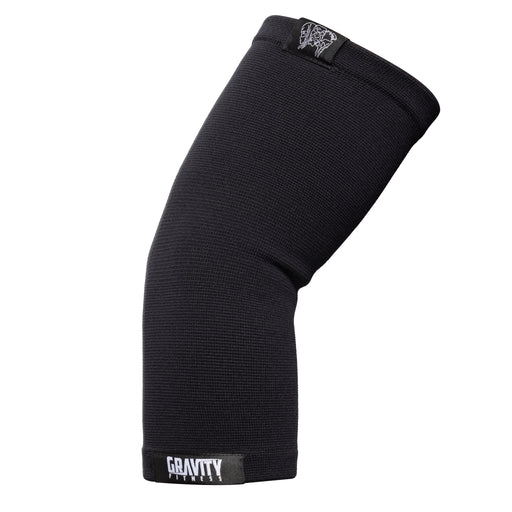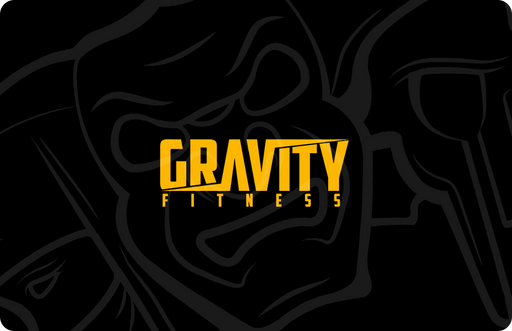
Fitness myths: cardio doesn't work for weight loss
Fitness myths: cardio doesn't work for weight loss
Is cardio useless for weight loss, or should you do cardio if you want to lose weight?
The fitness space has been split down the middle on a few typical topics. Cardio training is one of them. Do we need to do cardio? Is it essential for weight loss? Or can cardio make it harder to lose weight?
How to lose weight
Every diet is different, but they all work in the same way. The underlying truth behind every successful weight loss story is a calorie deficit. That means creating a “gap” between how many calories your body uses, and how many calories you ingest. If you burn more calories than you eat, you’ll lose weight. If you eat fewer calories than you burn, you’ll lose weight. It doesn’t really matter how you achieve this calorie deficit.
Do you need to do cardio to lose weight?
Many people believe that cardio is a good way to lose weight, and it’s easy to see why. After all, cardio exercise burns calories, and you need to “burn more calories than you eat” in order to lose weight. But there are a few problems with a cardio-centric approach to weight loss, and we’ll discuss those in a minute.
How many calories does cardio burn
One of the biggest problems with relying on cardio workouts to lose weight is that cardio may not actually use as many calories as you think. If you are a relatively small, light person, even an hour of steady cardio (like running) could only burn around 400 calories. When you consider that simply sitting around can burn 60+ calories in an hour, you can see why cardio isn’t that amazing at burning calories.
The heavier and larger you are, and the more intensely you exercise, the more calories you’ll burn. But this can have a knock-on effect on your appetite (making you want to eat more), your energy levels (making you more sedentary for the rest of the day) and your ability to workout the next day.
Can cardio make you gain weight
Cardio can’t make you gain weight exactly, but it can make losing weight harder. Make no mistake, actually performing cardio can’t cause your body to gain weight or hold on to bodyfat. But doing cardio can spike your appetite, lead to overeating, or make you too tired to exercise at a decent level of intensity.
Think of it like this: you decide to “burn off” calories to lose weight, and commit to doing 1 hour of cardio every single day in order to burn around 450 calories. By day 4, you’re pretty tired. By day 6, you really need a rest. And on day 7, when you have your unplanned (but much needed) break from cardio, you barely move from the sofa. Not exactly a sustainable strategy.
3 reasons not to use cardio for weight loss
It can increase appetite
Many people find that cardio – especially longer, slower cardio like jogging, swimming, or cycling – increases appetite and leads to overeating, which can very easily wipe out the calories you burned doing the cardio.
It can downregulate NEAT
NEAT stands for non-exercise activity thermogenesis, all the calories you burn simply from being active throughout the day. Standing, fidgeting, and moving around at home all count as NEAT. When you do a dedicated cardio session, you might decrease your NEAT either intentionally (because you deserve a long sit down) or subconsciously (because your body is preserving energy).
It’s an unsustainable strategy
You simply can’t keep burning calories every day in order to lose weight. At some point you’ll be tired, ill, or life will get in the way. This is the main argument for focusing more on nutrition to create that weight loss calorie deficit.
Does cardio have a place in weight loss
That said, there’s nothing wrong with cardio. In fact, it has plenty of benefits and definitely has a place in a general fitness healthy lifestyle. Even if you stop using cardio as a calorie burning outlet, you should still do some form of cardio throughout the week.
5 benefits of cardio
Heart health – as the name suggests, cardiovascular exercise is great for your heart and entire CV system, which is so important when you consider that heart disease is a key mortality risk.
Reduce long-term health risks – doing some form of cardio can prevent high blood pressure, obesity, and other common health risks that can lead to health issues or even early death.
Improve bone density – strength training is best for bone health, but cardio can help boost and maintain bone strength too.
Help you sleep – low intensity cardio like walking can help you fall asleep faster and stay asleep for longer, which has a significant impact on your physical and mental health.
Boost your mood – find a form of cardio you love (see our list below) and enjoy it for some me-time, listening to an audiobook, enjoying the great outdoors, or just clearing your head.
9 things that count as “cardio”
A key thing to remember is that cardio isn’t just hopping on a gym cardio machine for 30 minutes or going for a run. Anything that gets your heart rate up and keeps it there counts as cardio.
Here are 9 types of cardio you could try. But remember, if your goal is losing weight, don’t rely on cardio to burn off calories. Instead, control calories “in” by eating in a slight calorie deficit, and use exercise for health and enjoyment.
- Walking – probably the most underrated form of cardio out there. Walking is low-impact, sustainable, and great for your health.
- Hiking – hiking challenges your walking skills and allows you to get away from it all against the backdrop of nature.
- Climbing – try an indoor climbing or bouldering session to get a cardio boost whilst having fun.
- Dancing – all kinds of dance are amazing cardio, whether it’s a lesson, a class, dancing at home or going out and hitting the dancefloor
- Skipping – one of the simplest forms of cardio is jump rope. You won’t be able to do it for very long, but it’s good cardio for short bursts.
- Gardening – yep, household chores like DIY and gardening can definitely count as cardio!
- Racket sports – tennis, badminton, squash and all racket sports are great cardio so if you love them, do them.
- Team sports – if you enjoy team sports, get involved. All team sports involve running and stop/start movements with your whole body – definitely cardio.
- Water sports – kayaking, canoeing, SUP and even a day out at the aqua park will all tick the cardio box.
Gravity Fitness believes fitness is for everybody. Check out our amazing range of top-quality calisthenics, unconventional fitness, and bodyweight training tools so you can get in shape on your own terms.












